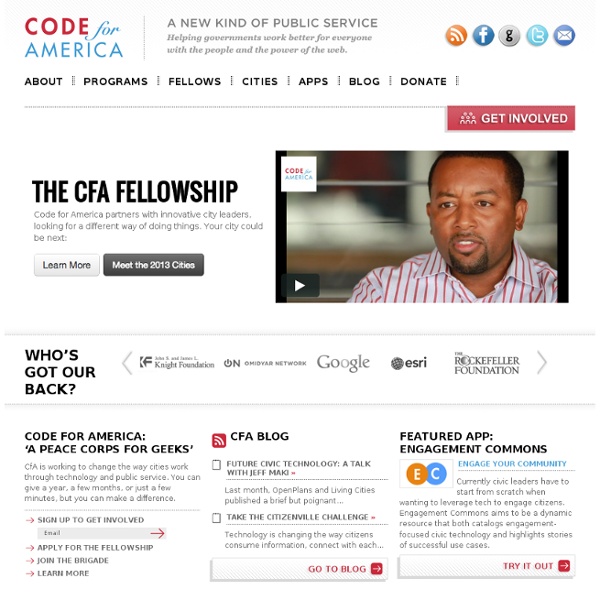



OPEN DATA Nate Silver - FiveThirtyEight Blog On Thursday, after LeBron James and the Miami Heat won their second consecutive N.B.A. championship, I noted on Twitter that James was on the same pace as the Chicago Bulls great Michael Jordan. Both James and Jordan won their first championship at 27 and their second at 28, I wrote. Jordan went on to win four more N.B.A. titles, for a total of six. Mike Segar/ReutersLeBron James and Michael Jordan were about the same age when they won a second championship. My statement depended on a technicality, I later discovered: Jordan’s biological age was 28 when he won his first championship, in 1991, and 29 when he won his second, in 1992. However, basketball statisticians generally define a player’s age differently: by how old he was as of Feb. 1 of an N.B.A. season, the rough midpoint of the basketball calendar. Those semantics aside, it is worth considering just how likely James might be to match or exceed Jordan’s six titles. By my count, there were 13 such players before James.
Code for America 2012 Annual Report Presentación Impacto Económico del Gobierno Electrónico - Pablo Valenti y Lucio Castro About Us The RSA (Royal Society for the encouragement of Arts, Manufactures and Commerce): an enlightenment organisation committed to finding innovative and creative practical solutions to today’s social challenges. Through its ideas, research and 27,000-strong Fellowship it seeks to harness the extraordinary amount of untapped creative potential in society - by empowering people to be active participants in creating a better world. Overview of the RSA The RSA is a registered charity. We depend on support from our funders, Fellows and sponsors. Action and Research Centre RSA Action and Research Centre combines practical experimentation with rigorous research to create a unique programme of work. Events Tackling the challenges we face in the 21st century requires us to draw on the best thinking and new evidence about the world around us. Fellowship Working with our global network of 27,000 Fellows to be a force for civic innovation and social change. House Our mission Find out more about our mission
How to identify local government services for digital transformation Over the last 6 months or so, mySociety has been doing increasing amounts of work with local councils, not only helping them with problem reporting and online petitions, but also advising them on the impact of digital by default and how changing customer expectations are affecting digital service provision. To paraphrase Tom, for an ever-increasing number of customers, “local councils don’t have websites, local councils are websites”. More specifically, we’ve been helping councils use user-centred techniques to kick-start the process of digital transformation: taking existing services that cause unnecessary frustration, figuring out how they should work for the customer in an ideal world, identifying the process changes needed, and helping make them happen. How do you know where to start? Clearly, not every council service is susceptible to digital transformation. What are your users trying to do? Contact centre logs: the records of what people who call you are actually asking about.
ernment Service Design Manual Learn about the different phases of service design and get guidance for the phase you're in now. Discovery A short phase, in which you start researching the needs of your service’s users, find out what you should be measuring, and explore technological or policy-related constraints. Learn about the discovery phase Alpha A short phase in which you prototype solutions for your users needs. You’ll be testing with a small group of users or stakeholders, and getting early feedback about the design of the service. Learn about the alpha phase Beta You’re developing against the demands of a live environment, understanding how to build and scale while meeting user needs.
State Releases Business and Technology Transformation Plan | Office of Information Management & Technology Posted on Oct 3, 2012 in Featured HONOLULU (October 4, 2012) – The State Office of Information Management and Technology today unveiled its plan as directed by Governor Neil Abercrombie to create an environment in Hawai’i for innovative industries to thrive and simultaneously apply technology to all sectors. The 12-year roadmap for this major initiative is described in the Business and Information Technology/Information Resource Management (IT/IRM) Transformation Plan (Transformation Plan). “This Transformation Plan will leverage modern technologies and streamline business processes to improve the delivery of government programs and services to the people of Hawai’i which is one of the key initiatives of the New Day Plan,” stated Governor Abercrombie. “We now have a course towards transforming how government delivers programs and services to the public.” The Transformation Plan maps the necessary steps for the next decade that will drive business and technology transformation. 1. 2. 3.
hawaii.gov | Home Hawaiʻi has launched an ambitious award-winning Business and Technology transformation plan to reinvent government as we know it. For the first time, the State of Hawaiʻi has a full-time Chief Information Officer (CIO), Sanjeev “Sonny” Bhagowalia, who is leading the helm of this monumental modernization effort of the state’s IT infrastructure and systems. In 2012, Bhagowalia released a 1,432-page multi-year (12), multi-phased (7) implementation plan to not only propel Hawaiʻi in to the 21st century but to become the No. 1 digital state in the union and engage with citizens to provide services online. The initial business and IT transformation plan was completed in nine months — a year ahead of schedule – to prove it’s all about leadership, getting things done and giving people hope. Other accomplishments include the launch of Data.hawaii.gov. The new Hawaii.gov was also unveiled in April. The transformation plan was developed to align with Governor Abercrombie’s New Day vision: